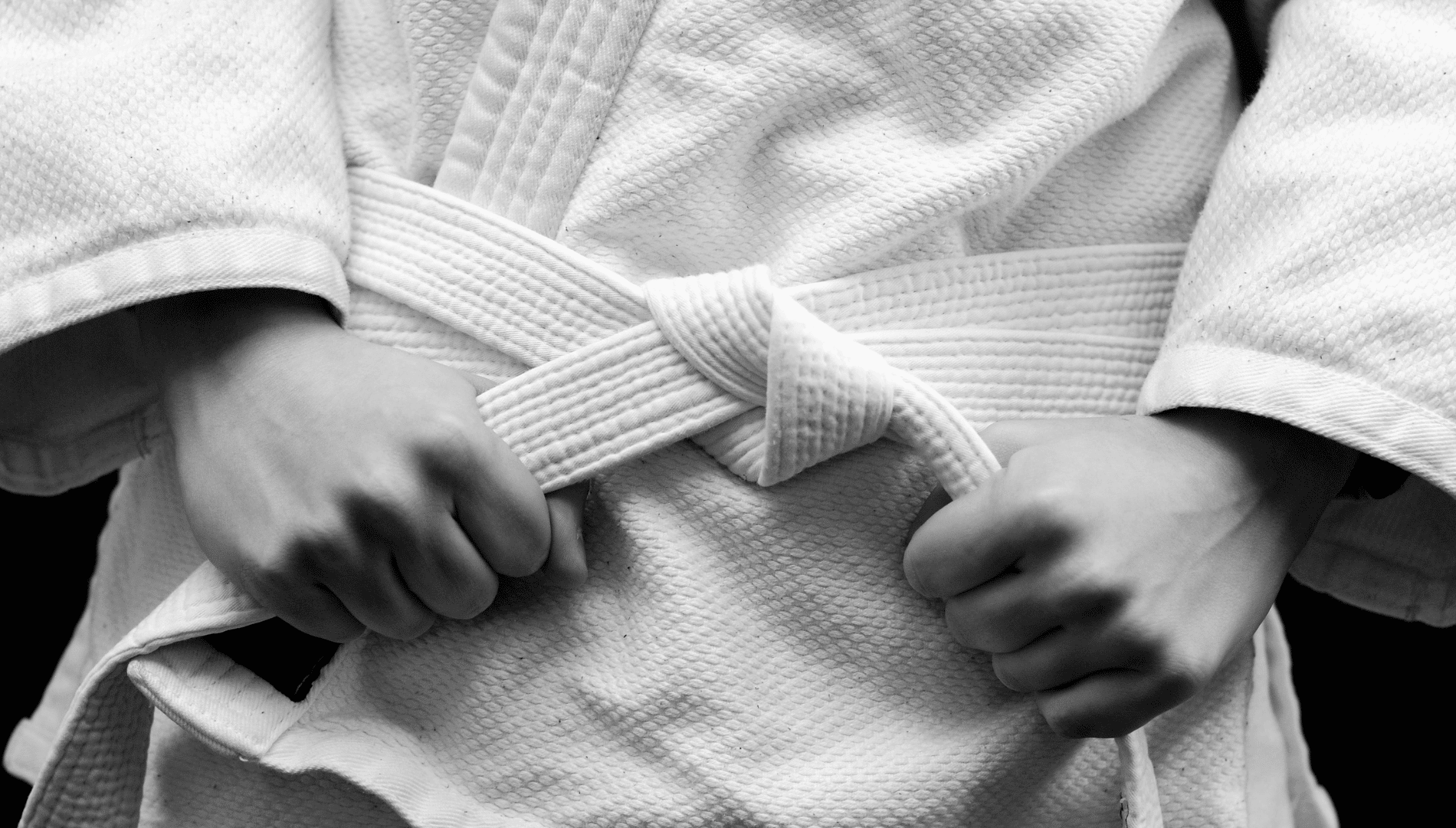

The 10 Unspoken Rules of BJJ
In the world of sports, there are always unspoken codes of conduct that govern how athletes interact with both coaches and other athletes. Brazilian Jiu-Jitsu (BJJ) is no exception to this; as martial arts practitioners train and spar with each other, they are often following a set of unspoken guidelines that help keep the sport safe, fair, and fun.
For beginners, learning these unspoken rules can set you up for success and distinguish you as a respectful and respectable martial artist. This article will divide the unspoken rules of BJJ into two main categories: the Dos and the Don’ts.
The Dos
1. Show Respect to Your Training Partners and Instructors
In all manners of life, showing respect to your peers and superiors is vital; this is an unspoken rule of BJJ, as well. Whether you’re a beginner with a white BJJ belt or an experienced black belt looking to help others learn the sport, it is important to always show respect to everyone that you train with.
It is not only a sign of good sportsmanship, but it is also a way to create a positive training environment for everyone involved. When you show respect to your training partners and instructors, they will be more likely to do the same for you, and the overall training experience will be more enjoyable for everyone.
2. Maintain Good Hygiene
One unspoken rule of BJJ that is often overlooked is maintaining good hygiene. This means showering before class, wearing a clean gi, and keeping your fingernails and toenails trimmed so as not to accidentally injure your training partners during sparring.
Make sure to regularly wash your gi and other training equipment. If you wear gear that smells poorly, it can be unappealing to your classmates and may even cause them to avoid training with you altogether.
3. Stay Home When You’re Sick
If you are feeling unwell or you are coming down with an illness, make sure to stay home from class. Not only will you likely get others sick if you attend class, but you also risk worsening your own condition by pushing yourself too hard. When you’re sick, it’s important to take some time off to allow your body the rest and recuperation that it needs.
It’s true that, once you start, it is hard to stay away from BJJ; however, training while sick is looked down upon because of the risks it poses to the rest of the class. It is important to be considerate of others and not put them at risk by coming to class sick.
4. Work on Your Technique, Not Just Your Strength
It is important to focus on improving your technique, not just increasing your strength. In many cases, being stronger than your opponent will not help you win a match if you’re not able to properly execute BJJ techniques. Developing a good form with each move and working hard to master the basic principles of BJJ can make a monumental difference in your skill level. If you do this, you will be much more likely to succeed on the mat, regardless of your opponent’s size or strength.
5. Be a Good Example for Lower Belts
If you’re an upper belt in jiu-jitsu, it’s your responsibility to set a good example for the lower BJJ belts. Sometimes, people get so wrapped up in their own training and progress that they forget there are others watching them. Your actions have an impact on the people around you, so make sure that you are always behaving in a way that reflects positively on the jiu-jitsu community as a whole. We can’t always control how others act, but we can control our own behavior; if you’re an upper belt, take the time to consider your actions and make sure that you’re setting a good example for those who look up to you.
The Don’ts
6. Do Not Brag
BJJ is a sport and art that focuses on humility and respect, so it’s important to keep your ego in check when you’re training. Bragging about your accomplishments or comparing yourself to others can not only hurt your training partners’ feelings, but it may also lead to unspoken tension or animosity in the dojo. If you land a great submission or sweep during sparring, simply acknowledge it and move on. There’s no need to boast or make a big deal out of it. Besides, demonstrating humility and letting your actions speak for themselves reflects better on your character.
7. Do Not Assume You Are Entitled to a Promotion
You should not expect to be promoted simply because you have been training for a certain amount of time or because you have won a few tournaments. Promotions are earned through hard work, dedication, and respect both on and off the mats, not by meeting a certain amount of hours.
Never compare yourself to other people in your academy or in other academies. Everyone has their own path and journey in jiu-jitsu; some people may progress through BJJ belts faster than others, but that doesn’t mean that they are better than those who move slower.
Trust the coaches in your academy to make decisions in the best interests of their students. They have a wealth of experience and knowledge, so you should always listen to and respect their recommendations.
8. Do Not Practice Something Your Instructor Is Not Teaching
While we all want to improve our skills and techniques, it’s important to remember that the best way to do this is by practicing the techniques that your instructor is teaching. Building a solid foundation in these techniques will allow you to easily learn new techniques in the future.
If you are having difficulty learning a certain technique, then ask your instructor for help. They are there to guide and support you in your jiu-jitsu journey, so don’t be afraid to seek advice from them.
Doing something that is not part of the class curriculum can be disruptive to both you and the other students in the class. It’s important to be respectful of everyone’s time and focus on learning the techniques that are being taught.
9. Do Not Walk on the Mats With Your Shoes On
When you are training or competing in jiu-jitsu, one unspoken rule to follow is to never walk on the mats with your shoes on. Doing so can cause damage to the mats and can even lead to injury if there are any rocks or other debris stuck in the treads of your shoes. Always make sure that you take your shoes off before stepping onto the mats.
10. Do Not Celebrate Tapping Someone Out
When you submit an opponent in jiu-jitsu, avoid celebrating or gloating. While there’s nothing wrong with being proud of your achievements and feeling confident in your abilities, remember that this is a sport where respect for your opponents should always come first. Even if you feel like showing off, try to remain humble and be respectful of the fact that your opponent has tapped out.
Final Thoughts
These are just a few unspoken rules that you should be aware of as a jiu-jitsu practitioner. While some of these may seem like common sense, it’s always good to refresh your memory on etiquette and make sure that you’re being respectful of the space you occupy in the dojo and the people that you share it with.
Whether you are just getting started in Brazilian jiu-jitsu or you have been practicing for years, make sure to keep these unspoken rules in mind. At its core, jiu-jitsu is a sport that requires discipline and respect. Jiu-jitsu is a lifelong journey; by following these guidelines, you can make sure that your training is enjoyable for you and your fellow practitioners.
Advertisements
gbjj
RELATED POSTS










